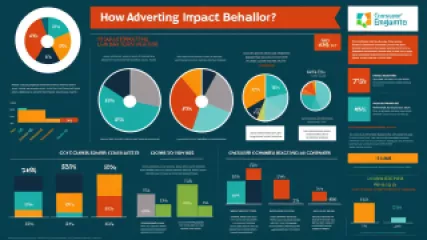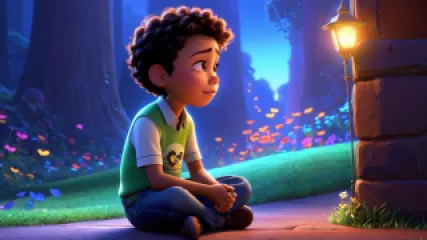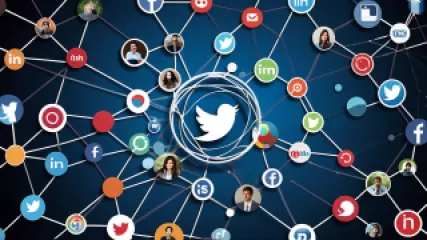5 Steps to Unlock the Power of Expressive Arts Therapy for Relaxation
1 year ago
Expressive Arts Therapy
Ethical Dilemmas Uncovered: Lessons from Cinematic Masterpieces
1 year ago
Ethical Dilemmas
How Does Advertising Impact Consumer Behavior?
1 year ago
Impact of Advertising
Lessons for Gratitude from Pixar's 'Soul'
1 year ago
Gratitude Practice
Why Understanding Learning Styles is Key for Virtual Counseling Sessions
1 year ago
Learning Styles
Breaking Gender Barriers: An Interview with a Gender Equality Advocate
1 year ago
Gender Roles in Society
10 Best Online Support Groups for Social Networking Impact
1 year ago
Social Networking Impact
The Ultimate Guide to Overcoming Addiction
1 year ago
Addiction
How to Effectively Improve Your Social Skills
1 year ago
Social Skills
10 Powerful Positive Reinforcement Techniques for Behavior Change
1 year ago
Positive Reinforcement
How Can Mindfulness Meditation Help Manage Anxiety?
1 year ago
Mindfulness Meditation
Developing an Effective Special Education Curriculum
1 year ago
Special Education
My Journey in Building Resilience for My Child
1 year ago
Child Resilience Building
7 Powerful Lessons from 'Mean Girls' to Tackle Workplace Bullying
1 year ago
Workplace Bullying
Unlocking the Power of Scent: A Step-by-Step Guide to Olfactory Psychology
1 year ago
Psychology of Smell














